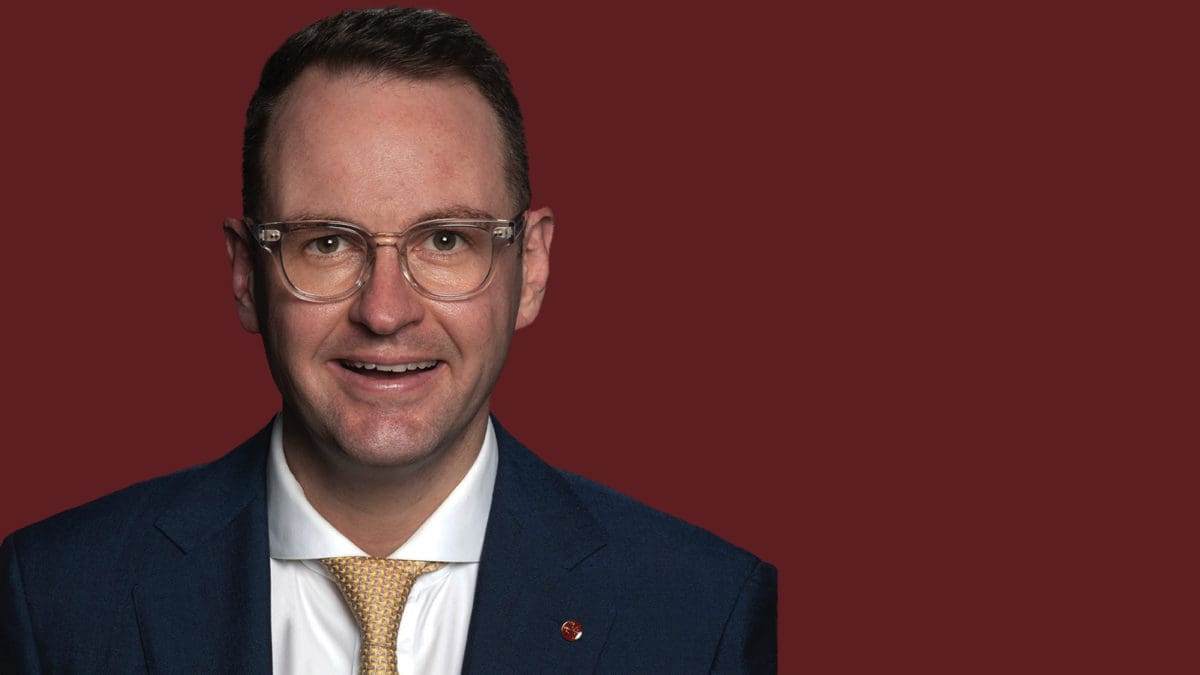Bragg offers a super manifesto (from opposition)
Senator Andrew Bragg finds himself in a curious position following Labor’s election win. He’s one of the few super partisans to survive the teal clean out and is now one of the loudest voices in the Coalition’s shrunken moderate wing. He will likely command an outsize presence in the at least four years that the party will be in opposition.
So Bragg has wasted no time in laying out exactly where he believes the Coalition needs to go to win back the votes it lost to the teals and Labor – and the transformation starts with a laundry list of changes to superannuation.
“Superannuation is a significant failure of Australian economic policy,” Bragg wrote on Wednesday (May 25). “It doesn’t get many people off the pension, it costs the budget more than it saves, and it reduces agency and individual choices.
Bragg’s proposal would see the Liberal Party “liberate Australians from superannuation” by pausing the superannuation guarantee – a move that he believes would boost wages – while creating a permanent system that would allow members to take superannuation as wages during “certain periods”. It also invokes the recently-exorcised spirit of “Home First, Super Second” by allowing members to access super for first homes “without heavy restrictions” and would gives all Australians access to the Future Fund as a default option.
Bragg has been a long-time opponent of the superannuation, making it clear in his first speech to the senate that he believes the system is holding Australians back rather than helping them into a more comfortable retirement and warning that there was insufficient competition in the industry. As a member of several committees, including the Parliamentary Joint Committee on Corporations and Financial Services, Bragg prosecuted the case that super executives had taken advantage of insider knowledge to trade the market dislocation in early 2020 – an investigation that ASIC later dropped, though not before making several recommendations on governance and transparency.
Perhaps his greatest contribution to the superannuation policy debate has been reviving efforts to create a national default fund through “Super Guarantee Australia” (SGA), which would see the Future Fund “effectively acquiring” the Commonwealth Superannuation Corporation (CSC) to create its own retail facing entity.
“Every country that has a compulsory pension scheme, as far as I can see, has a low-cost government default fund that is a benchmark,” Bragg said in August 2021. “… The whole idea of outsourcing the whole thing and not worrying about how it’s going is poor and weak and unambitious. We have this system that isn’t going anywhere – we should try and fix it up.”
“A simple, clean default fund with a good track record like the Future Fund could drive much better engagement and transparency. Such a fund will enjoy the advantage of having primary access to superannuation members. The managers should be required to maintain high standards of corporate governance.”
Among Bragg’s other recommendations is an exhortation to “take control back from Big Tech”, move “beyond ideology” on climate, and create a new tax system. Still, it will be some time before the Coalition – currently counting the costs of going to the election with Scott Morrison at the helm – is in a position to offer big picture policy once again.











